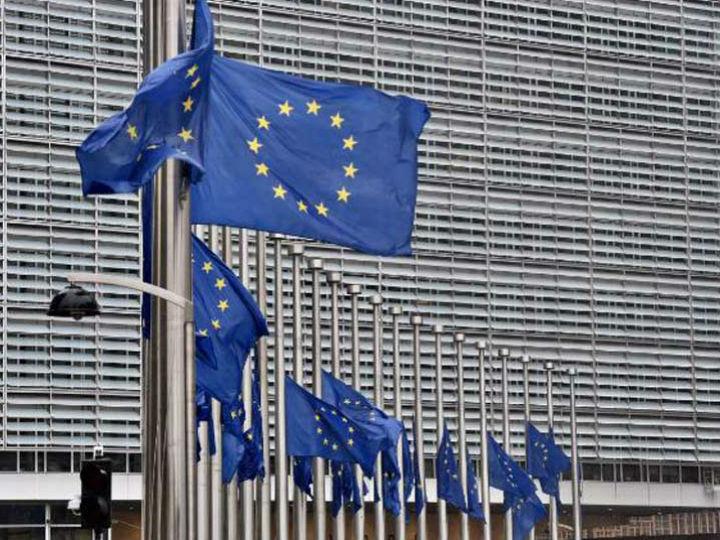The majority of MEPs perceive the timely state aid schemes as a lifeline for companies during the COVID-19 crisis. However, they stress that all national state aid instruments such as grants or zero interest rate loans must be proportional and allocated in a transparent way.
They also pointed to huge differences between the member states’ fiscal firepower, which is likely to have long lasting consequences on the internal market’s cohesion and asked about the strings attached to state aid such as contributions to the green economy.
Minimising distortion of the single market
Commissioner Margrethe Vestager focused on the recovery package to be presented on Wednesday and the new solvency instrument, which will help recapitalise healthy companies put at risk by the pandemic. She agreed that the single market is crucial for recovery and assured MEPs that state aid is temporary, limited and designed to protect from bankruptcies and lay-offs. Ms Vestager stressed that the new recovery architecture will focus on minimising internal market distortions.
Addressing recurring concerns voiced by many MEPs that the majority of state aid (47%) was obtained by German companies, Mrs Vestager highlighted the interdependence of the EU economy and interlinked value chains. German spending will therefore benefit companies across the EU, she stressed.
Achieving climate and digital goals crucial for recovery
MEPs also asked about the weaknesses laid bare by the crisis such as the EU’s dependence on other countries or digital giants to get strategic products such as medicine, medical equipment or tracing apps.
The executive Vice-President reiterated the importance of striking a balance between strategic independence, trade and an open economy, which constitutes one of the EU’s main strengths. She called for a nuanced approach between self-reliance and an open global economy, because many jobs and businesses depend on that balance.
Some MEPs insisted that green transformation and accountability to taxpayers should be a precondition for companies to receive aid. The Vice-President assured them that such companies have every incentive to stand on their own feet because bonuses, dividends and share buy-backs are banned. She also stressed that the EU will build its recovery around the agreed climate and digital goals. Finally, she recalled her constant efforts to achieve more tax justice by introducing digital taxation and carbon border taxes as a compensation for green EU companies.
*Source: European Parliament




 By: N. Peter Kramer
By: N. Peter Kramer

